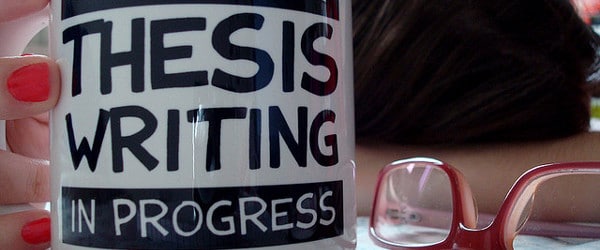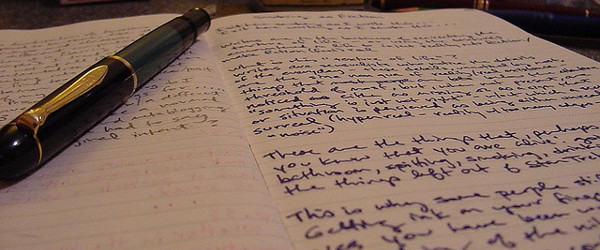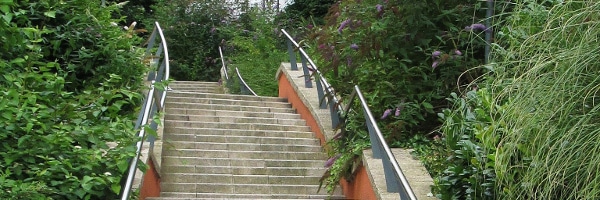Writing for science? Beware of these spellchecker hiccups
You’ve added the final touches to your scientific manuscript / presentation / thesis. You’ve even run the spellchecker and grammar checker and everything seems perfect. There are no little green or red squiggles under the text. Now it’s ready to submit or present – or is it? What could be wrong? If you read my…










